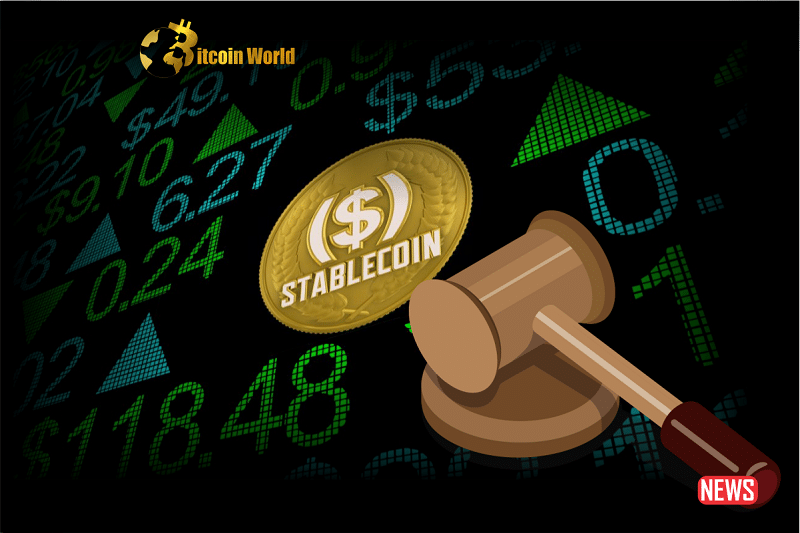
Washington, D.C. – July 28, 2023: The House Financial Services Committee made a groundbreaking move yesterday by passing a comprehensive regulatory framework for stablecoins in the United States. However, the journey to this momentous decision was marred by controversy, as long-term bipartisan negotiations surrounding the bill ultimately crumbled, leading to a vote that strictly followed party lines.
The bill, aimed at bringing stablecoins under tighter scrutiny, was approved by a vote of 34-16, with unanimous support from Republicans and a few Democrats bucking their senior members to back the legislation. The committee session echoed a recent vote on a crypto market regulatory overhaul, indicating the growing significance of digital currencies in the financial landscape.
House Financial Services Committee Chair Patrick McHenry, a staunch Republican from North Carolina, pointed fingers at the White House for the impasse, accusing the executive branch of interfering with the legislative process. In contrast, committee Democrats argued that Republicans were pushing the proceedings hastily, overlooking the importance of thoughtful deliberation.
Tensions escalated throughout the day as Democrats employed various procedural tactics to slow down the voting process, voicing concerns about the urgency of the bill and suggesting a delay in voting until September or later. A bipartisan compromise seemed probable days ago, raising hopes for a consensus-driven approach to stablecoin regulation. However, the recent deadlock has cast doubts on the possibility of reviving negotiations and presenting the bill with a substantial chance of becoming law.
Another crypto-related measure dealing with self-custody advanced in the committee in a related development through a party-line vote. The bill’s progress seemed uncertain, given the split control of Congress, making its path to becoming law an uphill battle.
As the digital currency market continues to prominence and evolve, lawmakers grapple with striking a balance between innovation and ensuring financial stability. Passing this stablecoin regulatory framework could significantly impact the crypto industry’s landscape, making it imperative for policymakers to engage in constructive dialogue and bridge partisan divides.
The bill’s fate now rests in the hands of the full House, where it will undergo further debates and scrutiny before potentially moving to the Senate. With regulatory winds shifting, the crypto community remains watchful, anticipating how the landscape will unfold in the coming months.
The post Stablecoins Bill Advances in US House after Tense Day of DebatA appeared first on BitcoinWorld.















